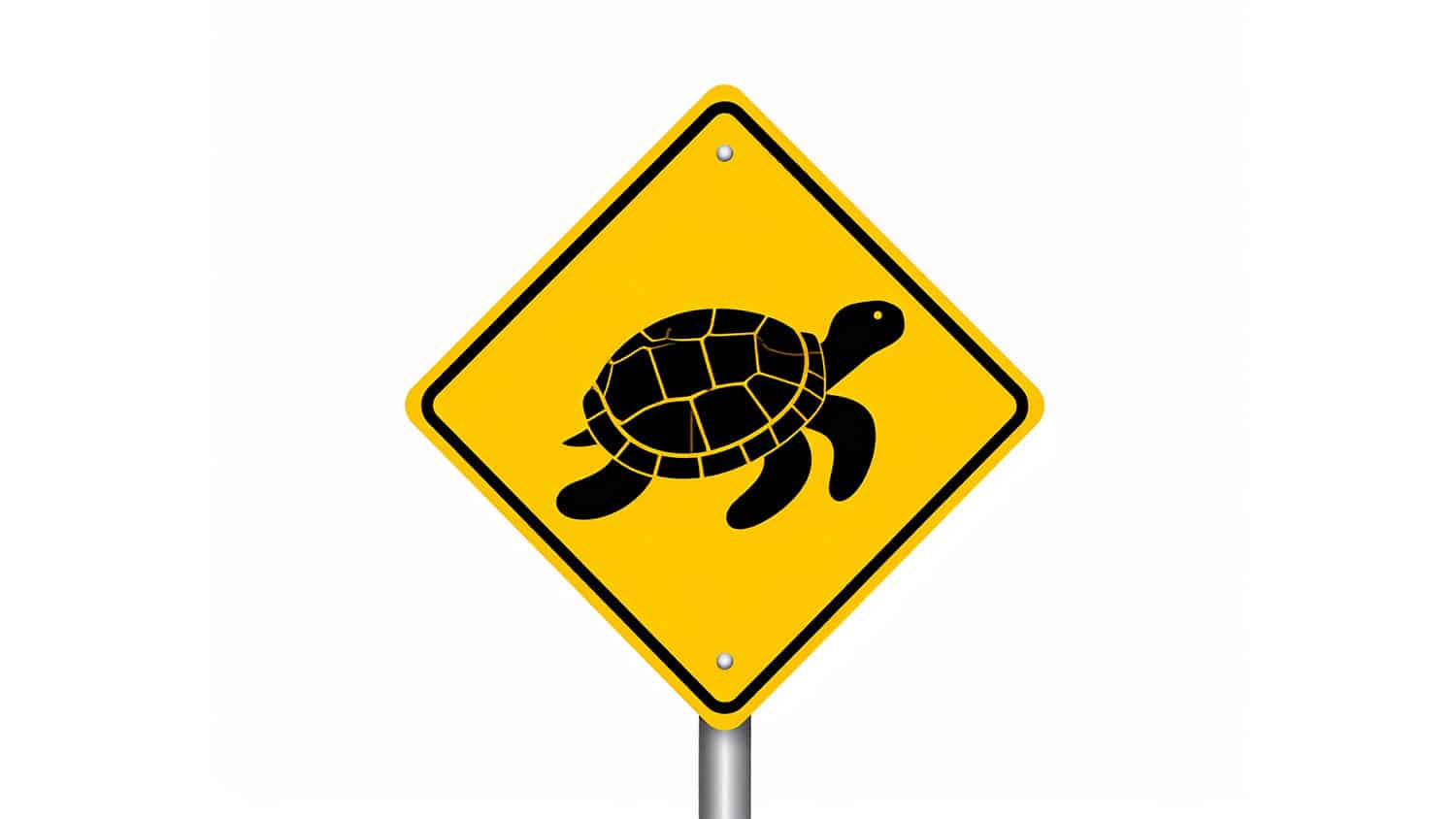Jimmy V’s Legacy Continues Cancer Fight
It may not look like it, but NC State graduate student Ashley Tucker is advancing cancer research as she drops worms into containers with varying concentrations of five experimental compounds. If Dr. John Cavanagh and Nick Valvano are correct, her work also could be crucial to creating a new generation of cancer researchers.
The V Foundation for Cancer Research, headed by Valvano, has given $1 million to the University to launch the Jimmy V-NC State Cancer Therapeutics Training Program. The program is named in honor of Valvano’s late brother and V Foundation founder, former NC State basketball coach and athletic director Jim Valvano, who died of bone cancer in 1993.
The initiative is designed to encourage students to pursue careers in cancer research by involving them early on in interdisciplinary, hands-on studies and allowing them to follow their interests.
“Nobody thinks of NC State as a cancer research center because we don’t have a medical school, but we’ve got research faculty in several disciplines looking at every aspect of the disease,” said Cavanagh, a professor of biochemistry and the coordinator of the program.
Cavanagh used that breadth of research expertise and the idea of teaching students to become cancer researchers to pique Nick Valvano’s interest. The V Foundation regularly hands out grants to individual scientists to help advance their work, but Valvano wanted to honor his brother’s relationship with NC State by doing something different for the future of cancer research. He and Cavanagh spent two years devising a program where students as future researchers – not the research itself – were the focus.
“My brother would be so excited,” Valvano said, “that someday a breakthrough in how cancer is diagnosed or treated will be developed by a scientist who was involved in this program at NC State.”
Finding a cure for cancer is becoming more difficult even as research advances appear to bring the goal closer, Cavanagh said, because fewer U.S. students are entering the field. The dual obstacles of decreased federal spending – only one in 10 promising cancer research proposals is funded now, compared with one in five in 2002 – and tedium in labs have students looking elsewhere for their careers.
“If we let them follow their curiosity and find what they’re interested in doing,” he said, “we can actually accelerate research by exposing them more quickly to more things.”
The Jimmy V Program achieves that by training high school, undergraduate, and graduate students in the labs of Cavanagh and three other NC State faculty involved in cancer research: Dr. Jon Horowitz, an associate professor of oncology in the College of Veterinary Medicine; Dr. Jon Lindsey, Glaxo Distinguished University Professor of Chemistry; and Dr. Christian Melander, an assistant professor of chemistry.
The students work on research teams with their peers and mentor their younger counterparts as they move from one lab to another. They can conduct their own research projects in the newly constructed Structural and Integrative Biosciences Laboratory in Polk Hall and routinely meet to discuss overall progress and how to proceed.
“We’re building a community of researchers,” Horowitz said. “It’s not individual students floundering about as they learn about research.”
Drawing on the expertise of various faculty gives students a broader view of cancer research and a systems approach to solving biological problems.
“Battling cancer involves more than just beating back a tumor, and different professors attack the problem differently,” Cavanagh said.
Horowitz, for example, is studying skin and prostate cancers in mice and zebrafish to understand the genetic mechanisms of the disease. Meanwhile, Lindsey is working with compounds activated by infrared light that can destroy tumors.
Melander is pursuing two paths: studying a class of molecules that could become potent chemotherapy treatments and making molecules to battle the secondary infections cancer patients often contract.
A member of the inaugural class of Jimmy V Cancer Research Scholars, Ashley Tucker is working in Cavanagh’s lab to assist Melander’s chemotherapy project. Her worms are determining whether the compounds he’s developed are toxic and are finding the optimal dose of each compound.
Tucker is in the functional genomics Ph.D. program and had planned to study neurodegenerative diseases like Alzheimer’s, but the Jimmy V Program has captured her interest.
“You don’t often get to collaborate between labs like this,” she said, “which makes it a really cool project for a student.”
The Jimmy V Program is one of several medical research training programs underway at NC State. Faculty involved in the programs call them a chance to impact science far beyond the findings of their individual research projects.
“We have the chance to develop the next generation of researchers,” Melander said.
It’s an opportunity Jim Valvano, who urged people to never give up in the fight against cancer, would welcome.
Editor’s note: This article originally appeared in the Health and Well-Being issue (Winter ’09) of Results: Research and Graduate Studies at North Carolina State University, which is published three times yearly by the Office of the Vice Chancellor for Research and Graduate Studies.
- Categories:


